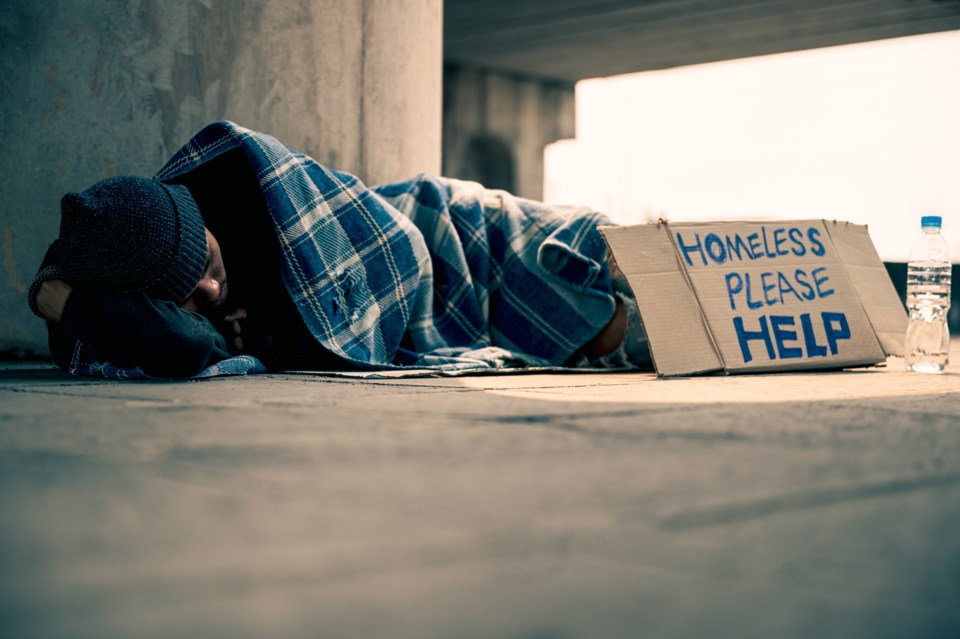The Editor,
I hear it all the time:
"Addicts and homeless people brought it on themselves."
"They don’t deserve our sympathy."
"Why should we spend our tax dollars helping them when we have so many other issues to deal with."
Those statements are wrong.
People don't choose to be addicts; people become addicts through suffering trauma or mental illness.
There is not one person in the world out there that woke up and said, "You know what? I'm not going to bother going to work today. I'm going to try heroin. I've heard great things about it."
Not a single person.
Likewise, there's not a single homeless person who wouldn't love to have a roof over their head and a bed they could call their own.
Sure, lots will refuse shelter space, mainly because they can't bring their things with them or they have to be sober to get in.
But if they could have a place to sleep where they could lock the door and be safe? Or even leave their things behind and have a shower? You bet they'd take it.
Our system has failed and it's because far too many people think like this and reduce the homeless to "less than human" because it makes them feel better.
But we're not better.
We are one bad thing away from being on the street.
You might not think so, but all it takes is a bad accident and you can be hooked on painkillers. Your job gets replaced by a call centre or AI or a robot? Too bad. So sad. The bank will take your house and sell it off. Do you have a pension? The market drops and now you don't. Oh, you fought for our country and have PTSD? Don't expect help from Veterans Affairs.
I've actually worked with homeless and addicted people in bad circumstances.
I've talked to them.
I've listened to them.
They ALL are humans, they ALL wish they were in a better situation and they ALL have a verifiable story about how they got there.
The fact remains that NOT helping our struggling neighbours costs way more than providing them the basics. From police, fire and ambulance responses, to hospital and jail stays or higher insurance premiums and having to replace stolen or damaged property, we collectively waste far more money chasing the symptoms rather than fixing the actual causes.
We need to demand cheap, safe housing.
We need to insist on full healthcare for all, including dental, eye care and mental health.
We must implement a universal basic income.
I know many will think I'm some bleeding heart liberal, but I'm hopeful that someone will read this and change their attitude just a little bit.
Maybe they'll put just a little more pressure on the politicians. Maybe they'll offer a hand to someone struggling instead of looking down their nose at them.
Either way, I'd rather have a bleeding heart than no heart at all.
- George Assaf, Port Moody
